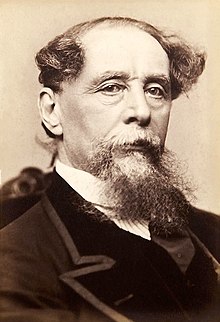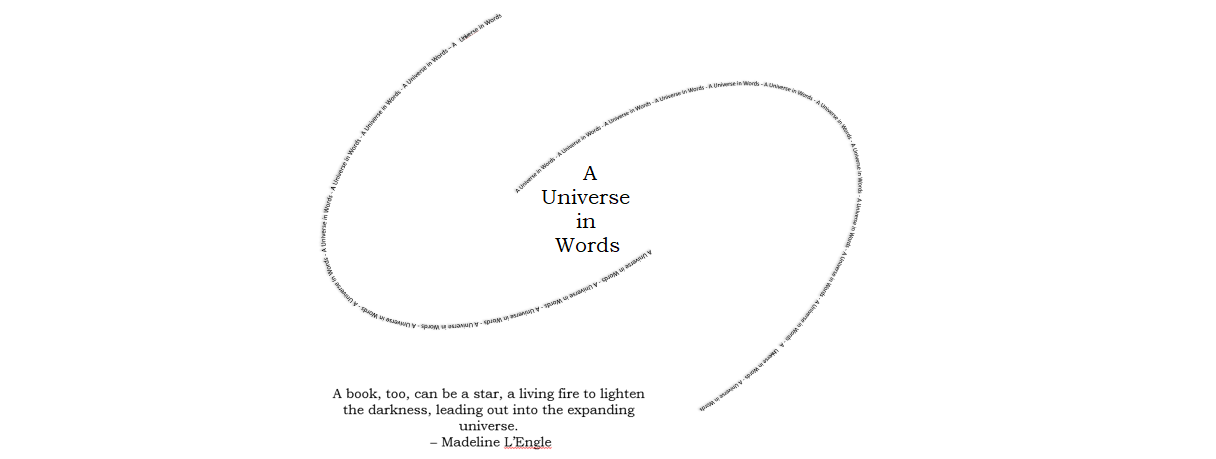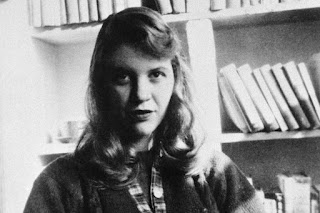Review: 'Hard Times' by Charles Dickens
 I think that by now my dislike for Dickens has been well noted so this review might be a surprise to some. But I had to read it for one of my modules, Studying Literature, and to be honest, I am happy they made me read it. I still don't really like Dickens, but at least now I know why he appeals to so many. 'Hard Times' has been described as being very different from any of other of Dickens' novels so maybe I got the wrong impression here, but then again, I could never get myself to get through 'Great Expectations'. On a side note, this is the first book of my 100 Classics list that I've read for the Classics Club and reviewed. Let's hope I can make this a habbit! Excuse the terrible synopsis below, but the one on Goodreads was even worse.
I think that by now my dislike for Dickens has been well noted so this review might be a surprise to some. But I had to read it for one of my modules, Studying Literature, and to be honest, I am happy they made me read it. I still don't really like Dickens, but at least now I know why he appeals to so many. 'Hard Times' has been described as being very different from any of other of Dickens' novels so maybe I got the wrong impression here, but then again, I could never get myself to get through 'Great Expectations'. On a side note, this is the first book of my 100 Classics list that I've read for the Classics Club and reviewed. Let's hope I can make this a habbit! Excuse the terrible synopsis below, but the one on Goodreads was even worse.'Hard Times' is set in the industrial Coketown, overseen by Mr. Bounderby and Thomas Gradgrind, who runs a school bent on teaching only Facts and eliminating any kind of sentimentality or fancy. Gradgrinds children, Tom and Louisa, are his prime examples of how his education works. Mr. Sleary's circus offers a different view of life and from there Sissy Jupe enters Coketown. As we track their lives and see the workers in town gather into trade unions, the consequences of industrialism and swearing by Facts are explored.Yes, I admit that was a terrible summary but to be honest, what I knew of the story before I started wasn't much more promising. I don't think I was ever more prejudiced against reading a novelthan I was against this. I knew I would have to read it and therefore I would power through but I was almost convinced I would dislike it all the way. Imagine my surprise when I actually liked parts of the story. But the one thing that remained was that I didn't like Dickens' writing style. I feel like he treats the beautiful moments in this novel harshly, cluttering it with to much description that is unnecessary and mistreating some of his characters.
Almost from the first moment on, I favoured Louisa. She seemed to have a mind of her own, even if she was weighed down by the Facts in her life. But she had spirit enough to make up her own mind and accept her fate. But then Dickens offers her an escape, only to make her fall and disallow any chance for her to rise back up. I still cannot find it in my heart to forgive him for that. He seems to punish his character for making a moral journey, for growing up and exploring. A character that seems to have no development at all, Sissy Jupe, is eventually rewarded for not changing and remaining, in my opinion, slightly ignorant. During one of my lectures, we were told that women in Dickens often represented a safe haven for men and therefore had to be ignorant of money, work and anything relating to the bad outside world. I guess reading it from a modern perspective makes this hard to understand and appreciate, but I also felt it let down the story to praise the idle and punish the troubled.
Another character that really gripped me was Stephen Blackpool. Married to a drunkard, he is in love with Rachael but (hypocritically) not allowed to divorce my Mr. Bounderby. Unwilling to join the Union because he promised Rachael to stay out of trouble, he finds himself ostracized by the other works. Wrongfully blamed for a bank robbery, his life seems filled with misfortunes, yet I felt he was the most prosaic character of the novel. This is the moment he leaves Coketown after being fired:
'With these musings in his mind, and his bundle under his arm, Stephen took his attentive face along the high road. And the trees arched over him, whispering that he left a true and loving heart behind.'This is a beautiful description and there are many of these connected to Stephen. But just like Louisa, I feel Dickens mistreats him as a character, almost failing to see his potential as a character. In my eyes, he was the tragic hero of the novel and one of the few that made me want to continue reading.

Charles Dickens really seems to find pleasure in endless descriptions that add nothing but show us he knows his way around with words, something we knew all along, judging by the length of his novels. It interrupts the natural flow of the story and asks quite a lot from the reader. Constantly you have to stop and adjust your mental image of the setting or of the people. Critics have had a field day with this novel, because it is apparently very different from Dickens' other novels. George Bernard Shaw, who I will always admire for the brilliant 'Pygmalion', agreed with other critics who commented that it seemed as if Dickens was out of his comfort-zone with this novel. Not only wasn't it set in his, and my, precious London, but he also seemed to write his description of the working class for the middle-class. I agree with Shaw when he says that the character Slackbridge, the vile leader of the Union, is "a mere figment of middle-class imagination". Dickens seemed more concerned with comforting the middle-class rather than giving us an honest portrayal.
So, overall I give this book...

4 UNIVERSES!!!!
I am terribly torn over this book. There were some (two) characters I liked, there were some descriptions and scenes I liked, but there was a lot I didn't really like. There is no doubt that Dickens is a great author. Even though I don't like him personally, he is a favourite with many others and had a lasting impact on English literature. The ending left me unsatisfied but there were also a certain justness to it. Will I be using it for my assessments? Hopefully not, if I can avoid it. Unless I can bang on about how Louisa and Stephen are unjustly treated.
So, have you read this book? Do you like it?



I've only read one Dickens book before and that was A Christmas Carol (Loved it) but I have tried to read others and could never get into them. Maybe I'll try this one :) I love how you went in not liking his books but ended up really enjoying this one! Great review!
ReplyDelete-Kimberly @ Turning the Pages